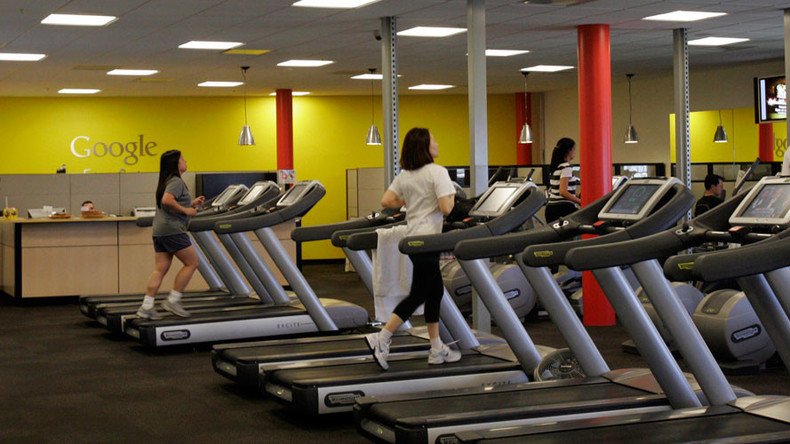Jog your memory: Increased exercise keeps older minds healthy, study finds

Burpees for you brain is the message of a new study that found regular exercise sharpens the mind in people aged in their 50s and older. By studying different forms of exercise it was found which ones benefited particular parts of the brain.
Data was collected from 39 studies in which people had their brain capacity tested before embarking on four weeks of different types of exercise. These tests were repeated after the four weeks were up. Weight lifting, aerobic training, resistance training, tai chi and yoga were all included in the study, published in the British Journal of Sports Medicine.
Participants were tested on functions of their brain including thinking, alertness, information processing, executing goals and memory skills.
Nothing to see here - just a man losing weight while carrying a rock on his head https://t.co/5HCly335Ltpic.twitter.com/r9bj3n6Xuk
— RT (@RT_com) July 5, 2016
The study found that physical exercise “improved cognitive function in the over-50s, regardless of the cognitive status of participants.”
“Even exercising on one or two days of the week seemed to be effective, but the most important thing we found was the intensity of the exercise,” lead author Joseph Northey told the Telegraph. “It should be moderate, but aiming to get some vigorous intensity in there as well.”
Aerobic exercise and tai chi were found to improve cognitive abilities while muscle training, including lifting weights and resistance training, were found to benefit memory and the brain’s ability to plan and organize.
‘I was just sitting & reading’: FitBit explodes on woman’s arm leaving her with 2nd-degree burns https://t.co/hD7x1rx80s
— RT (@RT_com) April 24, 2017
Combining both aerobic and resistance is ideal, according to Northey.
Dr. Anton Porsteinsson, director of the University of Rochester Alzheimer's Disease Care, Research and Education Program, said earlier investigations into the benefit of exercise on the brain had failed to reach a concensus.
He said the collective evidence of the new study could help change this, admitting "it appears that adopting a healthy lifestyle is never too late."












